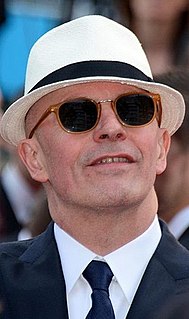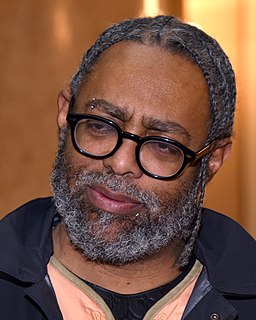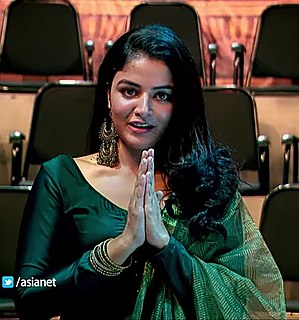A Quote by Isabelle Huppert
For a long time I have compared cinema to music, I think cinema has a lot to do with the rhythm of music.
Related Quotes
In the point of view of my personal feelings, I love the music as well as the cinema, but the future of a trumpet player - in the money point of view, but also any point of view - is very short on expectations. The life of a moviemaker can be glorious and wonderful. It can put your life in the best of possibilities. I decided to forget music. Not forget, because this is impossible, but to work in cinema, and just to be someone who loves music, and who tries to make music with his films.
I think what I loved in cinema - and what I mean by cinema is not just films, but proper, classical cinema - are the extraordinary moments that can occur on screen. At the same time, I do feel that cinema and theater feed each other. I feel like you can do close-up on stage and you can do something very bold and highly characterized - and, dare I say, theatrical - on camera. I think the cameras and the viewpoints shift depending on the intensity and integrity of your intention and focus on that.
Why do people go to the cinema? What takes them into a darkened room where, for two hours, they watch the play of shadows on a sheet? The search for entertainment? The need for a kind of drug? ..I think that what a person normally goes to the cinema for is time: for time lost or spent or not yet had. He goes there for living experience; for cinema, like no other art, widens, enhances and concentrates a person’s experience-and not only enhances it but makes it longer, significantly longer. That is the power of cinema: ‘stars’, story-lines and entertainment have nothing to do with it.



































